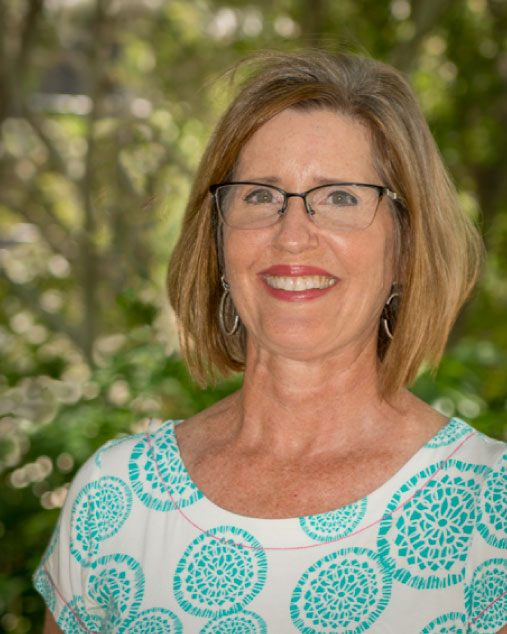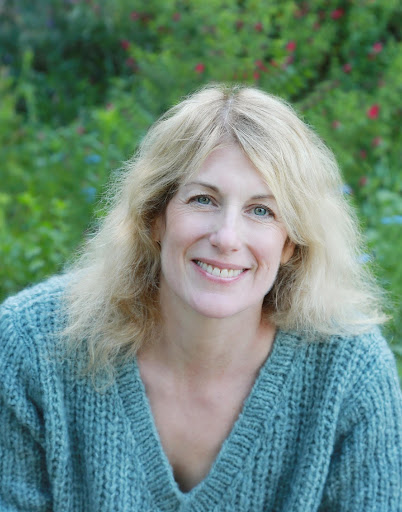Interview with Author DK Weiss
Tell us a little about yourself?
I grew up in Danville, a suburb in the San Francisco Bay Area with my Dad who was a scientist. I was a practicing lawyer for over eleven years. I married my high school sweetheart George who I’d known since I was seven.
George passed away from cancer in 2013, and I turned to writing. I’m most proud of earning a Masters of Fine Arts in Creative Writing from Saint Mary’s College of California in 2020 when I was 56.
How would you describe the story you tell in your most recent book?
My memoir, Available As Is: A Midlife Widow’s Sesrch for Love is about trying to create a new life after being widowed, including starting to date at age 50 when I hadn’t dated since my junior year of high school. It tells the story of finding community after living an isolated life and realizing I needed to find myself after spending many years in an all-encompassing marriage.
Has this been published? What formats will the book be made available?
The book will come out on September 13, 2022, which is ironically National Positive Thinking Day. It’s being published by She Writes Press, the award-winning hybrid publisher for women authors.
It will be available in paperback and ebook. I’ll do an audio book if there’s enough interest.
What prompted/inspired you to write this book? Why did you want to write it now? What has the publication meant for you?
I joke that I wrote the book to alert women about the exceedingly poor quality of many middle-aged men these days.
But really, I wanted to talk about what it was like to create a new life after being widowed following a long marriage, especially for someone who is really cautious, like me. And I wanted to be honest about the mistakes I made, and all the turns on the road to coping with loss, so others going through this would feel less alone, and be easier on themselves.
Why did you choose this name for your book? And were there other names you considered that you would like to share with us?
I picked “Available As Is” because we older single people are like older homes can be, available as is, with quirks and wear.
What can you share with us about some of the main themes of the book? Are there any key issues you wanted to draw attention to?
The main themes are recovering after a loss, coping with losing a spouse, trying to find love at midlife, and, most importantly, finding yourself.
I wanted to draw attention to the way society seems to gloss over grief and rush it along—no one wants to hear that you’re sad, they want to know that you’re “better.” But grief is a process, and we integrate our losses, not discard them.
I also wanted to draw attention to the loneliness that comes with being widowed because it is so real, and I don’t think it gets enough attention.
Were there any characters, scenes, or chapters that were difficult to write? Why? How did you address these challenges?
It was difficult writing about having been in an abusive relationship because I felt really stupid about staying in it for far too long, but it stemmed, in part, from guilt about my husband’s death. And I wanted to be honest and show what can happen as a result of loneliness.
What do you hope readers take away from your story? Anything you want to tell your audience?
I want to tell them you can have a good life after being widowed and you can find joy again, it just takes way longer than you think it will. For us cautious people, tiny steps can add up to a new life—you don’t have to change everything all at once.
Also, as you move forward, be gentle with yourself… don’t beat yourself up over your mistakes as you create a new self after loss.
When did you begin writing this book? When did you complete it?
I started writing short pieces for a writing class in fall of 2013, about six months after my loss, but I wasn’t planning on turning them into a book. I decided to write a book sometime in 2016 when I’d had a few pieces published, and finished it in the Winter of 2019 (with the help of a professional editor).
Can you describe in detail where you did most of your writing for this book?
I write on an iPad, often early in the morning, in bed. So, on a good writing day, I wouldn’t get up until afternoon! But I can write anywhere. I remember trying to piece the book together on a BART train on my way to teach a writing class.
What were your greatest challenges in writing this book? Satisfactions?
One challenge was writing about some situations where I came across as less than stellar, like my time with the abusive boyfriend. But my greatest challenge was digging deep enough to go beyond my surface experience to offer something that might resonate with other women who find themselves on their own. My MFA adviser talked about needing “more interiority,” going deeper to get to the real heart of a story.
My greatest satisfaction was writing the best book I could at the time and working with a really excellent editor.
Is there anything you would have done differently, either in the research, writing process, or publication process?
I wouldn’t have spent as much money on social media coaching or early publicity—they didn’t seem to do much overall. I would also have more realistic expectations about results, and tried to enjoy the process more.
Which authors inspire you?
Laurie Colwin, MFK Fisher, Elinor Lipman, Delia Ephron, Leslie Jamison, among many!
What 3 tips advice do you have for aspiring women looking to write their first book?
- Start with small pieces, a scene or memory that stands out to you. I love Shimmering Images by Lisa Dale Norton as a guide to start writing.
- Get in a writing group. It helps to have regular meetings with other writers for accountability and friendship in general.
- Don’t worry about the results—whether it’s going to be published—just enjoy having a writing practice.
Other works you have published? What are you working on next?
In 2015 and 2016, I had essays about different aspects of widowhood published magazines including Woman’s Day, Reader’s Digest and Good Housekeeping, among others. In March of 2018, I had a piece in the New York Times, “Modern Love” column.
I don’t know what I’m working on next. I’m thinking of doing a yoga teacher training course.
“I want to tell them you can have a good life after being widowed and you can find joy again, it just takes way longer than you think it will. “
Don’t miss a blog post!
Receive my blog posts directly to your inbox.





